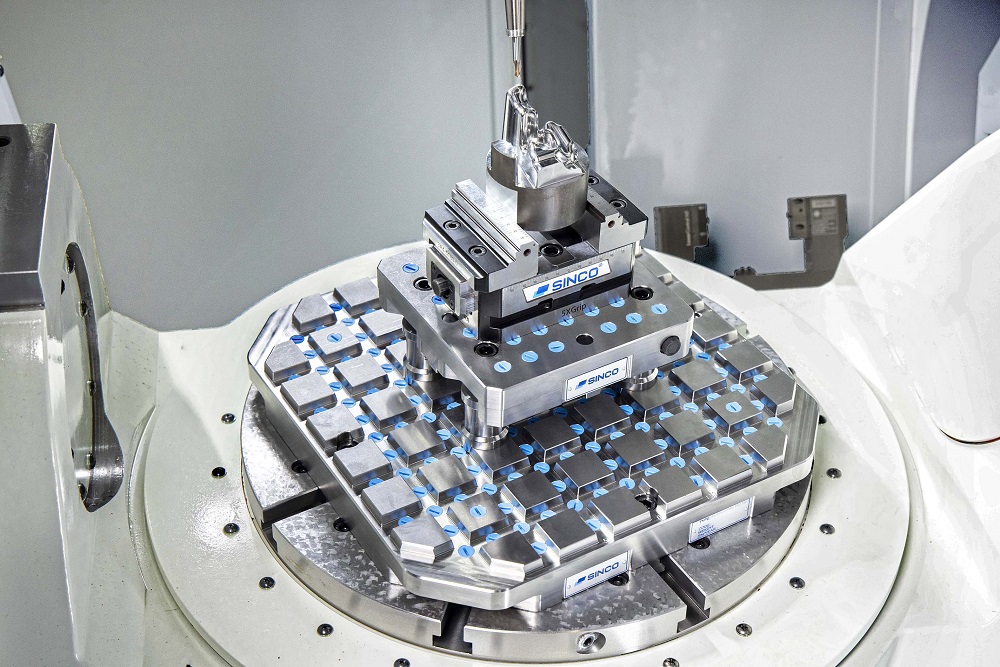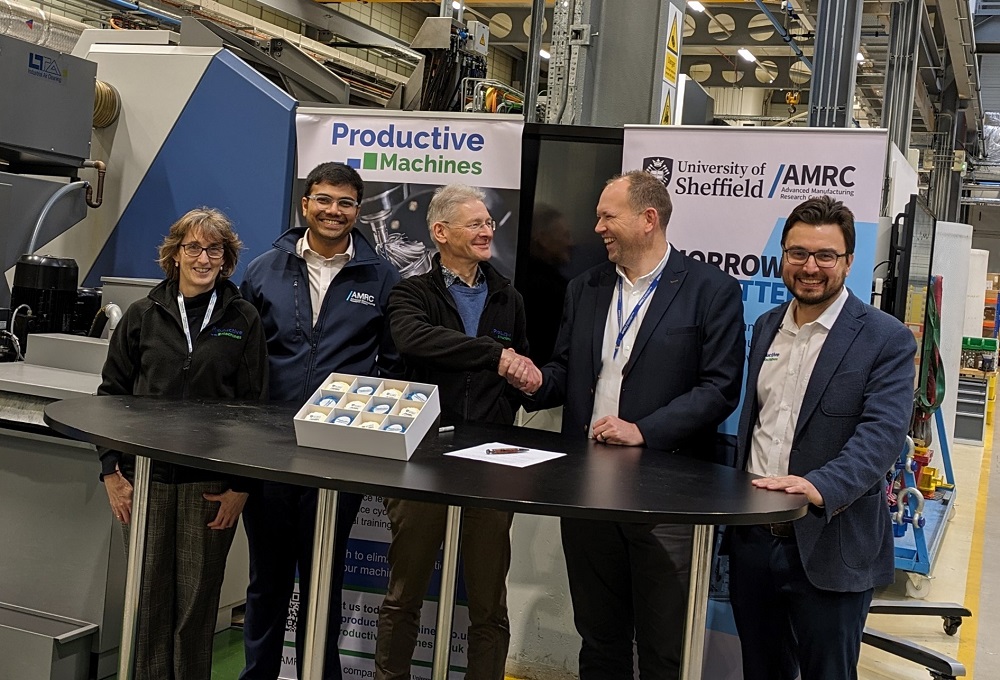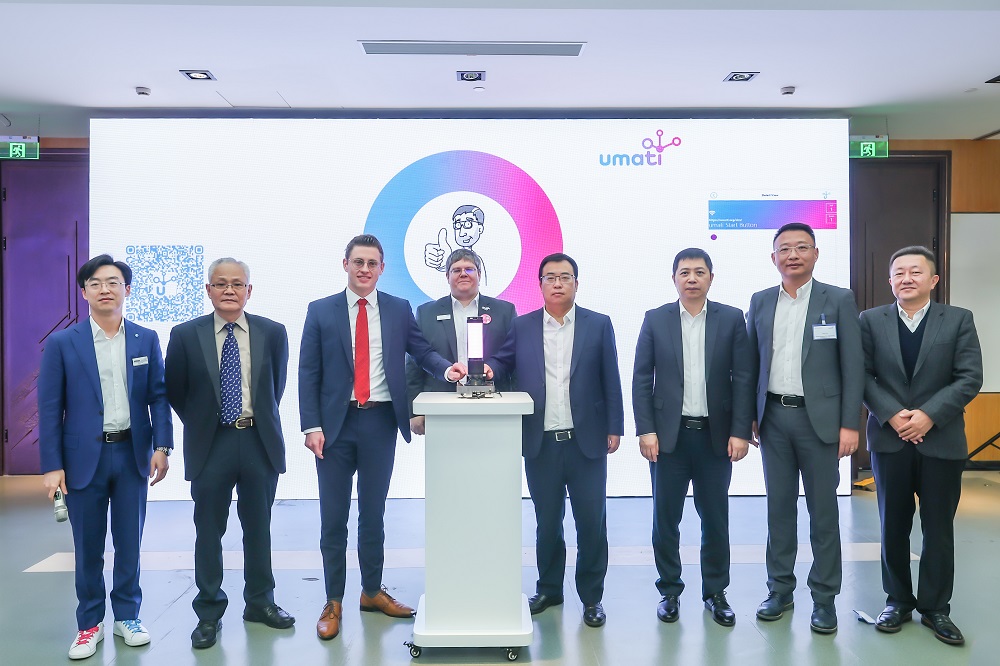1st Machine Tool Accessories (1st MTA) is now the sole sales agent in the UK and Ireland for the modular range of zero-point work-holding products manufactured by Slovakian firm Sinco. The versatile MultiZero is said to be the most capable on the market as it incorporates more zero points than any other: up to 273 in a single solution.
Established more than 40 years ago, Sinco manufactures in excess of 250 standard MultiZero modules, comprising base plates, pallets and fixtures. The product family offers five different pallet types for manual or automatic clamping of parts on a machining centre, die-sink or wire-erosion EDM machine, measuring machine, or assembly station. Sinco also produces fixturing arrangements to suit the bespoke work-holding requirements of users.
For further information www.1mta.com



















